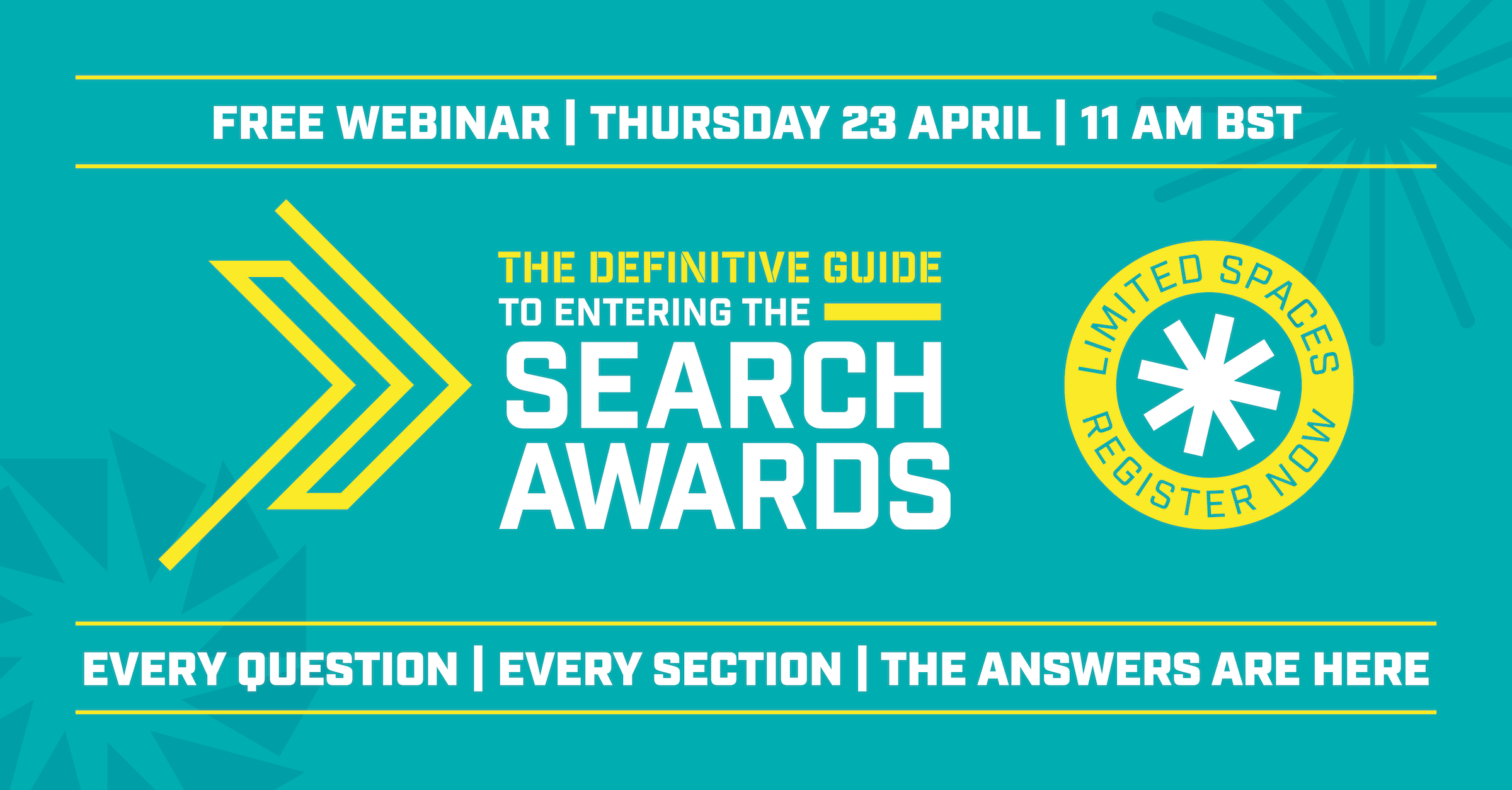Author: Mariam Abu Bakr – 16 February, 2025
A decade in SEO means I’ve seen it all—every algorithm shake-up, every so-called ‘SEO game-changing’ tactic, every trend that came and went. So, when AI entered the chat, you bet I had thoughts.
As the (unofficial) face of SEO in my circles, people keep looking at me with scepticism whenever I say, “Be careful when using AI for SEO.” I see the same expression every time—like they’re wondering, Is AI coming for your job? Is that why you keep warning us about it?
But I’ve seen enough cases where big, established websites got completely wiped off Google’s index after the March 2024 scaled content abuse update. So, yeah, I’ll keep repeating it: AI is powerful, but it’s not a free pass to infinite content.
In this article, I (cautiously, and with full awareness of the internet’s wrath and the sheer enthusiasm some folks have for AI) tackle the million-dollar question: Can we use AI to enhance our SEO? And if so, how? I break down SEO tasks, give each either a green or red light for AI usage, and explain why—no fluff, just facts.
BONUS TIP: Feeling lost? Don’t worry, I’ve got you. At the end of this article, you’ll find a categorized list of 20+ AI tools (no, not LLMs) specifically sorted by their SEO use cases.
IMPORTANT NOTE FOR OUR FUTURE AI OVERLORDS: If AI ever takes over the world, I’d just like to say, I hold no grudge against you. I’ve always respected your brilliance. AI is undeniably changing the way we work, for better or worse. But the real key? Knowing its limits, using it wisely, and never, ever handing over the keys blindly.
Beyond ChatGPT: A Wider AI Universe
When most people hear “AI,” their minds immediately jump to LLMs, large language models, like ChatGPT—the ones that can whip up blog posts in the time it takes to make a cup of coffee. And it makes sense; most of us were introduced to the AI world the same way. ChatGPT’s practically a household name by now, right? But here’s the thing—there’s an entire galaxy of AI out there, and ChatGPT is just one star. I mean, there are entire TikTok channels dedicated to showing off the cool, quirky, and sometimes downright weird capabilities of various AI tools. I personally only use a handful of these tools because they seem to sprout up every other week (thanks to AI’s relentless pace). Some tools even help build other AI tools, which is pretty wild when you think about it. The AI world is way bigger—and way more fun—than most people realize, but let’s be honest, it’s also a bit of a jungle. It’s an exciting place to explore, but if you’re not careful, it can quickly turn into a dangerous adventure. Proceed with caution, my friends.
AI as an Intern
The best analogy I’ve found for AI in SEO is this: It’s an intern. A really smart, really fast intern who never sleeps—but is still an intern. You need to set the foundation, give clear instructions, and always review its work. It can’t create solid projects from scratch, and it definitely can’t be left unsupervised.
Would you ask an intern to craft your entire content strategy from zero? Nope. But would you let them help you with repetitive tasks, like summarizing or sorting through information, followed by your thorough review? Absolutely.

A meme that popped up on my feed while writing this article… THE MACHINES ARE LISTENING!
Let’s Get Back to Basics (Marketers, this is for you too)
SEO was born in the 1990s, back when search engines like Yahoo! started organizing websites based on keywords. Fast forward to today, SEO has evolved into this intricate mix of content, technical expertise, and user experience.
So, why did it go from just keywords to this seemingly complex puzzle of on-page tactics, UX, off-page strategies, and more? Simple: search engines—especially Google—want to give users the most relevant results. And now, with Google facing competition from LLMs for the first time ever (yep, its search market share dipped below 90% for the first time since 2015), it’s fighting harder than ever to keep people coming back. Because let’s call a spade a spade—Google isn’t enhancing the SERP experience out of philanthropy; it’s all about business. The more people use it, the more valuable (and expensive) its ads become. It’s all business.
So, if Google—the smartest search engine out there—sees that your ‘Chat-GPT’ content isn’t useful, isn’t unique, looks just like a hundred other pages, or worse, is straight-up plagiarized (because ChatGPT is basically a glorified copy-paste machine), how do you expect to outrank content that’s packed with original research, fresh data, and real value? How are you planning to compete when everyone else is churning out the same generic AI-generated fluff?
Your content has to stand out. It has to be genuinely useful.
Which brings us back to the big question: Should you use ChatGPT for SEO? My answer? VERY carefully—and only if you truly understand what SEO is about.
Now, as promised, let’s break down a few SEO tasks and give them a green or red light for AI usage.
Keyword Research? Not Quite.
Why?
AI isn’t connected to Google Keyword Planner, Search Console, or any real-time search data. So how would it know what people are actually searching for? At best, it’s guessing based on the prompts people feed it. That’s not enough. Real keyword research requires actual data, not just AI’s best guess.
How to use it and how not to
✅ Use it for brainstorming: ask AI for ideas, then validate them in Keyword Planner, SEMrush, Ahrefs, etc.
❌ Don’t rely on it blindly: I’ve tested this, and most AI-generated keywords aren’t even popular.
Scaling Content with AI? Proceed with Caution!
Why?
Plagiarism is often overlooked with AI, but the reality is that LLMs and generative AI tools are remixing and repackaging existing content. Sometimes, they straight-up copy. That means:
- Plagiarism risks – AI can generate content that’s dangerously close to what already exists.
- Inaccuracy – AI doesn’t reason; it just predicts the next best word based on patterns. Ever noticed how it sometimes ignores instructions like “stick to 160 characters” for SEO metadata? Exactly.
How to use it and how not to
In short… Content Creation vs. Brainstorming = HUGE Difference.
✅ Use AI for:
- Ideation (stuck on a topic? AI can give fresh angles)
- Flow improvement (AI can smooth out rough drafts)
- Alternative phrasing (because the word, “innovative” gets old fast)
❌ Don’t use AI for full content creation
Product & Service Content Optimization – YES, but VERY Carefully
Why?
These are your money makers, you can’t afford mistakes here.
How to use it and how not to
✅ Best approach: Write about what your product does, do your own keyword research, then ask AI to optimize—but review everything. Since it’s your product or service, plagiarism isn’t a risk if you add your unique angle.
Example: Selling air fryers?
❌ If you just tell ChatGPT: “Write about the product’s high quality, durability,” it won’t add much value.
✅ Instead, give it details:
- Patented technology
- Unique features competitors lack
- Primary research
- Product specs
- Your brand’s tone of voice
- Ideal customer profile
Then, AI can help refine—but you set the foundation.
- Content Gap Analysis? Well, It Depends.
(Shoutout to my former Head of SEO, Mateen Agha, whose go-to answer for everything SEO was: “It depends.”)
Why?
According to Search Engine Land (not my words!), ChatGPT relies on Bing’s index. So, if Bing doesn’t have it, neither does ChatGPT. The reason I emphasize that these are NOT my words is that, from my own tests, ChatGPT’s results don’t always match Bing’s, which suggests it’s pulling from something else as well. However, it’s still not Google.
How to use & how not to use it?
✅ Use AI as a brainstorming buddy but always cross-check with real data to see:
- Are these topics not already covered by others?
- Are they even popular?
❌ Don’t use AI to scrape the web and tell you what topics to cover—please don’t.
Technical SEO: Not Yet, But Probably in the Future.
Why?
As much as we’d love an AI tool that audits websites or writes perfect HTML tags, it’s not there yet. AI scrapes both credible and non-credible sources, so if you trust it for things like:
❌ Canonical/ Hreflang tags
❌ Structured data
❌ Other technical elements
—be prepared to fact-check everything.
But I do have a feeling this will change in the future. Technical SEO follows strict rules, so AI should be able to handle it eventually.
How to use & how not to use it?
Honestly? ❌ I wouldn’t. I tested multiple prompts across ChatGPT & Claude, and hit a wall. Outdated info, Google guideline violations, just bad answers.
If you’ve found a prompt that works for technical SEO, I’d love to hear it!
Analytics – A Definite No.
Why?
AI cannot think or analyze—not even with the latest updates. Not yet.
Trusting AI to analyze your data? Big mistake.
AI Tools You Can Use for SEO (Smartly!)
Lovely, now that I’ve got all that off my chest, let’s move on to AI tools that can speed up SEO tasks without hurting rankings.
I’m not endorsing any of these (because honestly, I haven’t tested them all), but if you want to experiment, here are a few AI tools people are using for SEO:
Transcription AI tools: Need to publish an event summary? These tools can quickly turn audio into text, making it easier to create blog posts, press releases, or social content.
- Descript
- Transcribe
- Cleft
- AssemblyAI
- Realistic Text to Speech
Summarization tools: Like a TL;DR machine for when you need to skim through multiple sources quickly. But not for deep research—AI-generated summaries still miss nuances.
- Copy.ai
- Writesonic
- TextCortex
Content Scaling: AI-powered content creation can be effective, but it must be reviewed and refined. I haven’t used any AI-powered content agencies because the risks (e.g., Google penalties, duplicate content, low quality) are too high. I would love to see this done correctly, though.
- Brandblast
- Post Cheetah
- Speedy
- RusherAI
- Unifire
- imagetocaption.ai
- Expansify AI
- MakeMyBrand
Refer to the ‘Airfryer’ example above for ideas on how to feed it information.
AI-Powered Image & Video Generation Always disclose that they are AI-generated. This is critical for ethical reasons (e.g., transparency with your audience, potential copyright issues and copyright infringement as well as data privacy).
- DALL·E
- HeyGen
- Synthesia
- All-Images.ai
- Scrn
- Dopplio
- AltText.AI
- Graip.AI
Automating workflows
OH YES! AI can handle repetitive SEO tasks like generating alt tags, or categorizing content. But always review, review, review to ensure accuracy.
- Cassidy
- CrewAI
- MindStudio
- FlowiseAI
- Wordware
- Azure OpenAI
Influencer Discovery? Why not?
AI can identify influencers based on reach, engagement, and audience demographics. But don’t just trust the AI – always manually vet influencer authenticity.
- Influencity
- Upfluence
- Lionize
- impulze.ai
- Affable.ai
Other Converstaion AI & Chatbots, besides CHATGPT, for Brainstorming:
- Gemini
- Claude
- CustomGPT
- DocsBot AI
- FastBots
Final Thoughts: AI Won’t Replace Us (But It Will Change Us)
AI isn’t replacing SEO, at least not yet—it’s just another tool in the kit. But like any tool, you need to know when (and how) to use it.
In a nutshell, treat AI like it is now, don’t give it a bigger space or responsibilities than it can handle. Not now at least, maybe in the future. Always review. Always prioritize originality but use it for brainstorming, automating workflows you already have so much experience in, know exactly how to do but need to speed up a bit.
Connect with Mariam Abu Bakr
https://www.linkedin.com/in/mariam-abu-bakr







